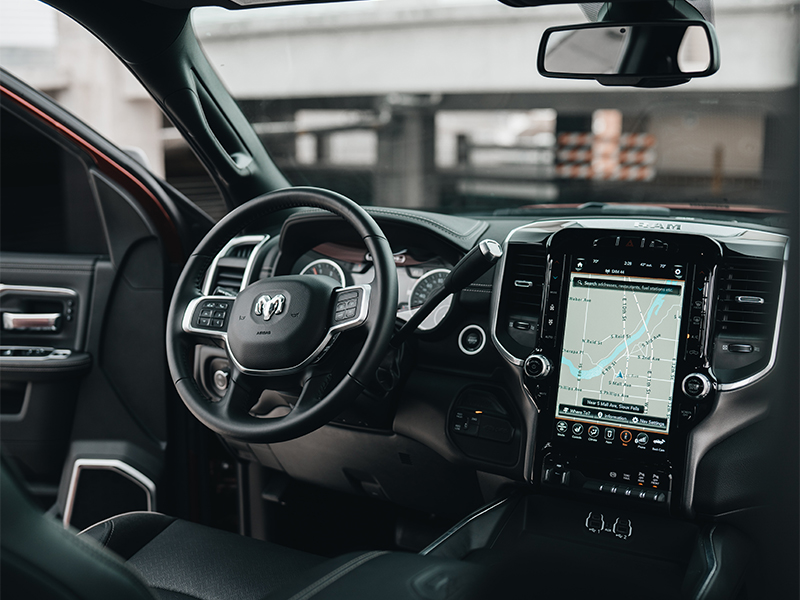Before buying a car, as well as before selling a car, it is worth knowing some nuances. For example, you should pay attention to the following points…
How to buy a car?
The purchase of a new car is usually carried out at a dealership that offers cars of a certain brand. The seller acts as a consultant during the purchase. It is from him that you choose both the model of the car and its options, according to your needs, as well as your own budget and desires.
You can also buy a new car at a car dealership. Their employees offer different cars as a result of agreements with suppliers (by the way, they can even be located abroad). The cost is usually better than in dealerships, but there are no offers for the exchange of an old car, and there is also no opportunity to test drive a car before buying.
Once a new vehicle has been selected, the steps are fairly straightforward as most of the time this is taken care of by the agent or dealer. He issues you an invoice that includes the sale price of the car, as well as the date the car was delivered. Payment is made either by bank transfer or by cheque.
You have time to register a new car. Usually the registration process is carried out by the professional selling the car. You need to take care of your means of payment and check that all the documents that should be provided to you are actually provided.
In particular, make sure you get the machine’s maintenance book and, if possible, invoices that show the last repair. But for a used car, consider an inspection. You will need it to register the car in your name. Also, before buying a car, you may be interested in knowing about its history and something about the personality of its owner.

How to sell a car?
There are several ways to sell a car:
- sell it to a professional;
- sell it to an individual;
- send the car for parts.
If you change cars, you can use the trade-in service: in this case, the dealership where you buy a new car takes your old car. So, the sale is quite easy, as well as fast and safe. In addition, you receive a surcharge for the purchase of a new car, and the exchange takes place at a price below the market.
The obligation of technical control of a car does not apply to you if it comes true to a professional. Selling a car to a car dealership (dealership, garage, etc.) is rare, and it makes it possible to sell a car without a technical inspection.
To take advantage of an attractive purchase price, or simply because you don’t want to buy a new car in a car dealership after selling it old, you can sell your car to a private person. And if it’s a non-driving car, you still have the option of either selling it for parts or scrapping it.
Nearly two-thirds of car sales are now made between individuals, in part because of the financial benefits for both the seller and the buyer. However, beware of scammers. When you sell your car to an individual, you take on a number of obligations.
If the car no longer works, then there is no choice: it is a car with an expired service life, and therefore you need to take it to a special parsing center for parts or send it to a landfill. However, this is not a sale, but a concession. Such special centers restore parts that can be preserved. But if the car is still running, you can resell it for individual parts to both a professional and an individual.







